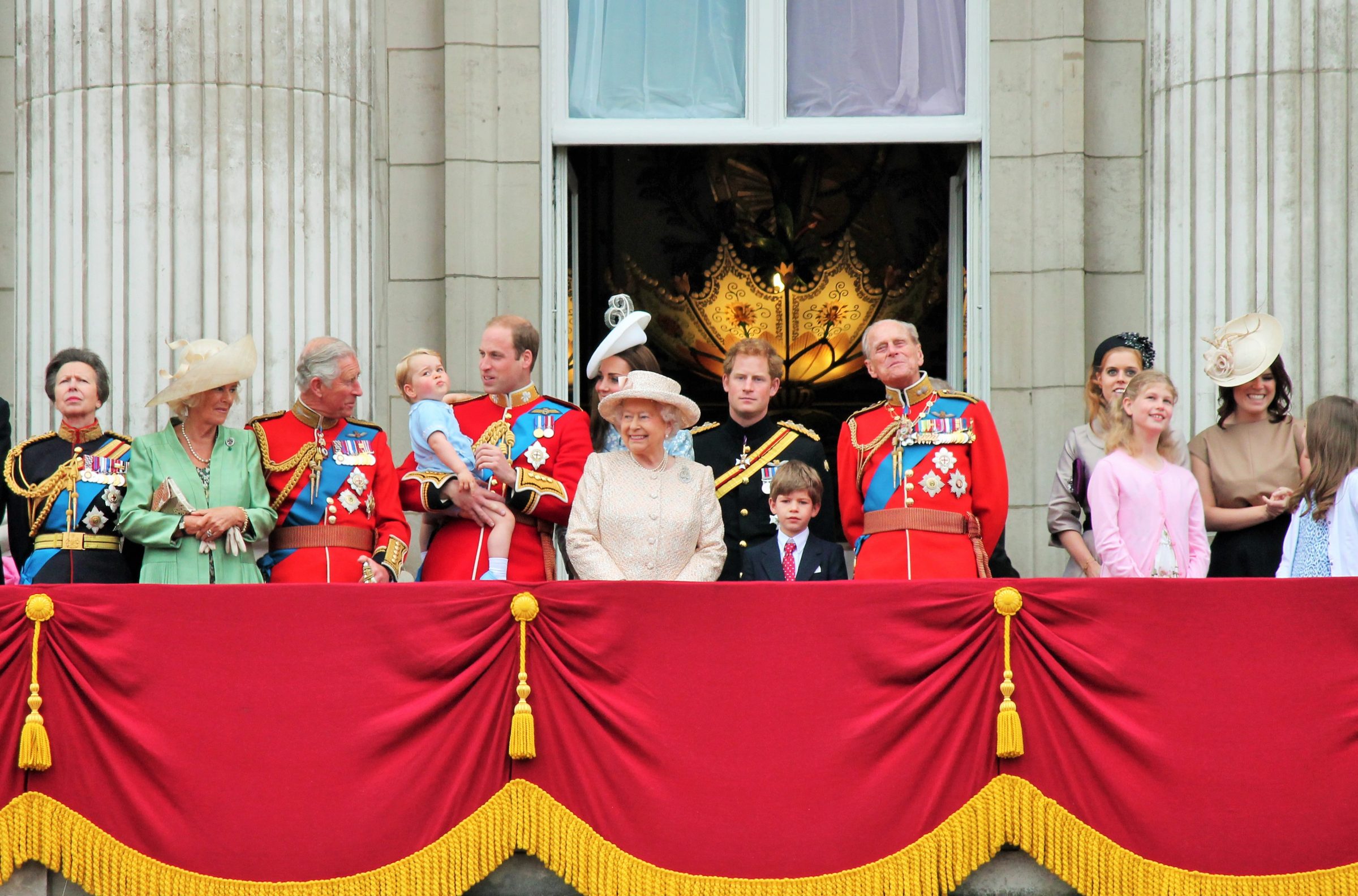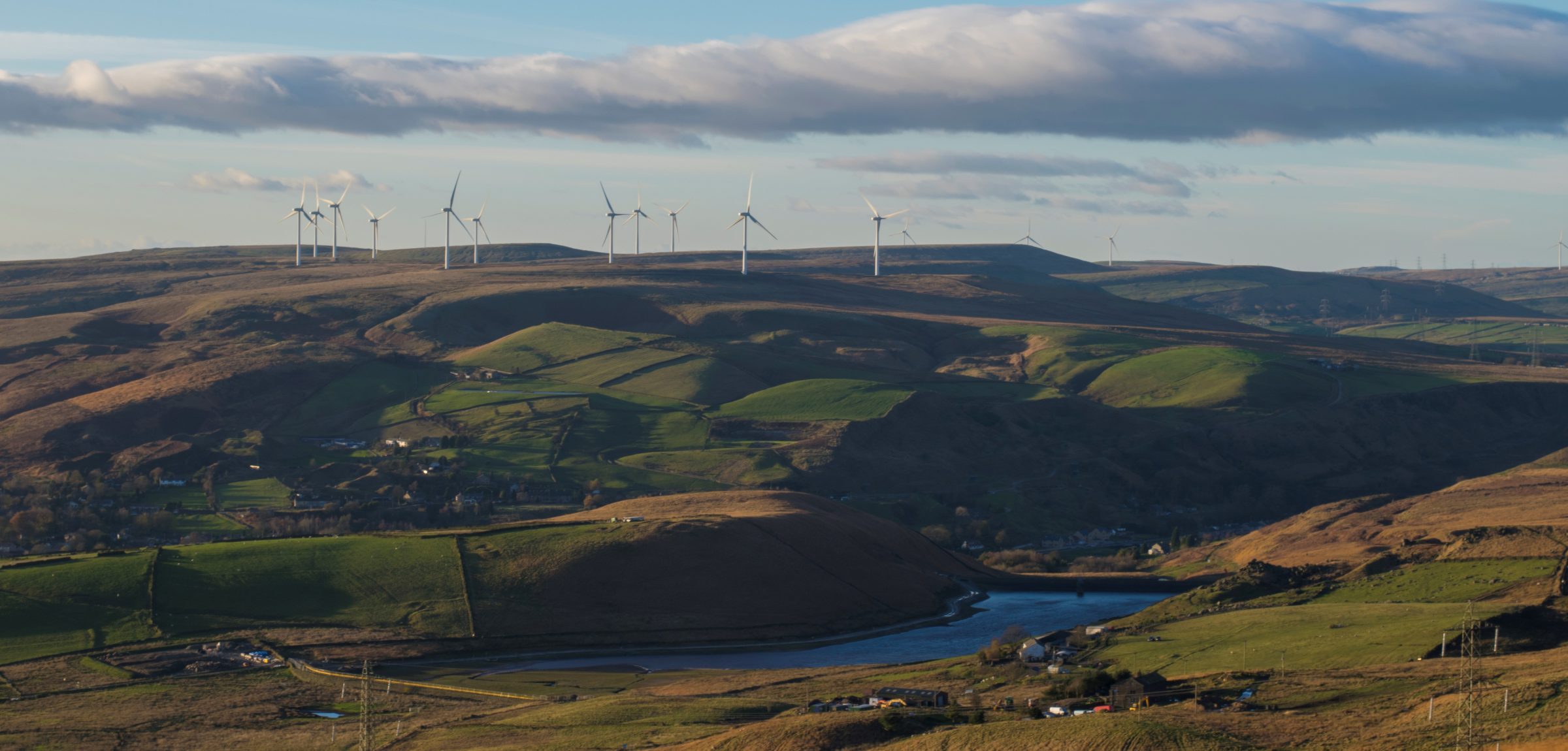
Next stop is a £3bn bus service improvement scheme
Hundreds of miles of new bus lanes, 4,000 new electric or hydrogen vehicles and price caps on fares are just the ticket for an improved bus service.
That’s the view of Midlands energy expert Ron Fox who said of the scheme: “It’s another move in the right direction for more sustainable transport.”
The Government’s £3bn plan aims to provide more evening and weekend services and to make travelling cheaper, greener and easier for millions of passengers.
The Department of Transport wants to introduce daily price caps so people can use the buses as many times a day as they need and they will also be able to change between train and bus.
They say traditional timetables will be ditched and passengers will be able to “turn up and go” with all buses accepting contactless payment.
But Ron pointed out that firstly companies will have to encourage more people to use the service as in 2019 only 7 per cent of people travelled to work by bus, whereas 68 per cent commuted by car.
A knock-on effect is that the increase in cars has led to many regular bus services being reduced to a crawl with more than a third of journeys delayed by at least six minutes in some areas.
The number of passengers is 65 per cent lower than at the height of bus use in the 1950s, while fares have risen by 77 per cent since 2005 and more than 3,300 bus routes have been scrapped in just the past decade.
Ron said many areas had now become transport deserts where residents had virtually no choice but to use the car.
On top of that financial support from local and central government has also been cut back.
However, Ron did welcome the promise by the Government to deliver 4,000 new electric or hydrogen buses which will be built in the UK by the end of this parliament at the same time as ending the sale of diesel buses.
The Department of Transport has now launched a consultation to decide when this diesel bus ban should begin.
Ron did point out that one scientific study showed that a bus with as few as seven passengers was more fuel efficient than the average single occupant car used for commuting.
Also, buses generated only about 20 per cent of the carbon monoxide and just 10 per cent of the hydrocarbons per passenger-mile compared to one person in a vehicle.
The Government hope to meet its targets through so-called enhanced partnerships which will see local authorities agree to make improvements to infrastructure in return for better services from bus companies.
They are also planning to introduce more franchising.
“It’s a very ambitious plan,” said Ron, of Noreus Ltd on the University of Keele Science and Innovation Park. “But it will be considered a successful one if communities are no longer left isolated and if it ensures cities and towns have emissions-free vehicles cutting our carbon footprint.”
For more details about green energy and sustainable transport, call Ron on 01782 756995.
Caption: On the buses to a greener future with a £4bn transport service improvement scheme.




